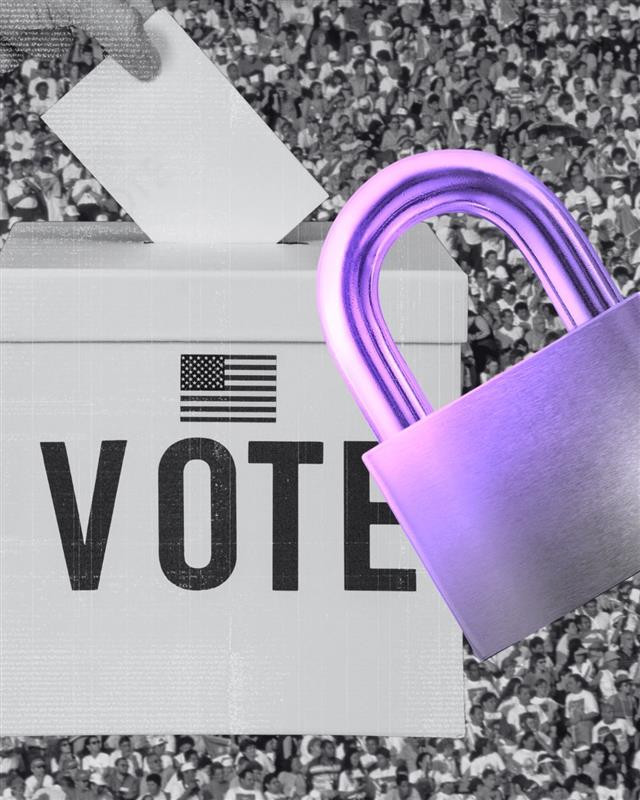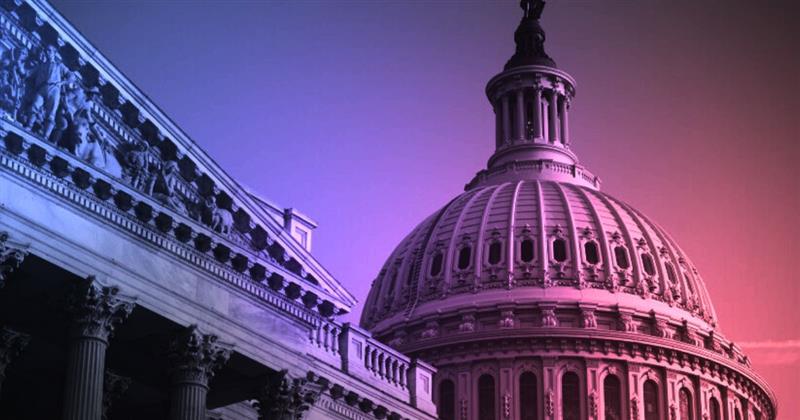The first Biden-Trump debate: What younger voters should watch for
The Big Picture
The long-awaited Biden-Trump debate is finally here. After months of campaign drama, court battles, and stumbles, the presumptive Republican and Democratic nominees will go head-to-head in their first presidential debate. Despite gaining notable populist support, Robert Kennedy Jr. won’t be on stage.
This debate matters. According to U.S. Census Bureau projections, this will be the first election where Millennials and Gen Z make up the majority of the electorate (The Atlantic). And yet, younger voters are less than thrilled about their choices. As a politically independent 27-year-old, I know I’m not alone in feeling detached from the two major party candidates.
That said, many young voters will be watching the debate closely. Here are five key things Millennials and Gen Z should be paying attention to this Thursday.
Zooming In
Is this a debate, or another shouting match?
The first 2020 debate between Trump and Biden was, to put it mildly, a disaster. Trump steamrolled over Biden with constant interruptions, and the event quickly turned into political theater. While the second debate was slightly better, it still felt more like entertainment than an actual discussion of policy.
Younger voters want common sense, competence, and compromise—not political drama. This generation cares about real solutions, not endless legal battles and personal attacks. Will this debate be different?
What tone will be set?
A 2023 Bullfinch Group poll found that Millennials are surprisingly optimistic—77% believed they’d be better off a year from now. Compare that to the constant gloom on cable news, which paints a picture of economic turmoil, broken immigration policies, and mounting debt (CNBC).
Reagan’s “Morning in America” campaign in 1984 worked because it was hopeful and forward-looking. Obama’s 2008 campaign message of “Hope” resonated deeply with younger voters. Will either Biden or Trump offer an optimistic vision?
Housing
For Millennials and Gen Z, the housing market is a disaster. High interest rates and a limited housing supply have made homeownership feel like a pipe dream (Fortune).
Many young Americans doom-scroll Zillow, looking at houses they can’t afford. Yet, Millennials and Gen Z are the best-educated generations in U.S. history (Berkeley), and 55% of them have side hustles (LendingTree). They’re hardworking, but they still feel shut out of the American Dream.
Will either candidate offer real solutions to make homeownership more accessible?
What to do about Congress?
The 118th Congress is on track to be the least productive in U.S. history (ABC News), with only 34 bills passed in 2023. Most meaningful legislation must have bipartisan support, given the expected House-Senate split.
Neither candidate can wave a magic wand to fix Congress, but will they at least acknowledge the problem and propose solutions?
Are we looking backward or forward as a country?
This election feels like a repeat of 2020. But while Biden will have to defend his first term, voters—especially younger ones—want to hear about the next four years.
Medicare and Social Security are set to run out of funds in 2031 and 2033, respectively (NPR), yet this issue has barely been discussed. Will either candidate finally address long-term challenges, or will this debate just be another round of political jabs?
Independent Lens
Millennials and Gen Z are tired of partisan nonsense. While cable news focuses on Biden’s gaffes and Trump’s legal battles, younger voters want real leadership on issues like housing, debt, and the economy. The debate will be a key moment to see whether either candidate can rise above political theatrics and offer meaningful solutions.
This election will be decided by younger, independent, and undecided voters. Will Biden and Trump speak to them—or will they only cater to their party bases?
Want to stay informed on how independent voters are shaping this election? Subscribe to our newsletter for more insights and data-driven analysis: Independent Center.


.jpeg)


.jpg)